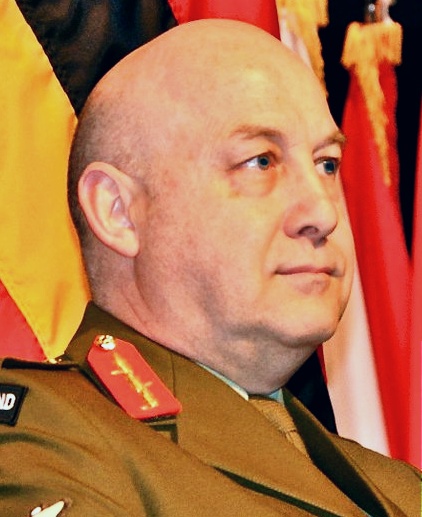Lt General (Retd.) Rhys Jones
Chief of the New Zealand Defence Force 2011–2014
Phillip Reidy
Posted 24 September 2015
Military operations in which New Zealand has been involved in since the end of the Cold War have largely been around peace keeping, or in modern terms, peace support.
It is often thought that these activities are relatively easy with military personnel enjoying life in exotic locations. This could not be further from the truth as increasingly New Zealand is becoming involved in areas outside its traditional spheres of influence. These activities are taking place in what might have previously been unknown places and where the wars have moved from ones of politics to ones of hatred. The outcome is that New Zealand personnel face ugly situations where hatred, disinformation, fear and danger are paramount.
New Zealand has earned an enviable reputation in these situations and is seen to be capable of getting the job done while building relationships with those affected by the conflict. In most cases the military role is to provide a calming influence while building confidence in the community that there is a better way and to leave a legacy that reflects an investment in people not flashy projects that give no sustainable benefit.
Much of the work of future peace support action will most likely take place in Africa where the involvement will be in active combat roles unlike the traditional non-combative UN Peace Keeping seen in the past. This is a tough ask as military personnel are in dangerous situations while at the same time being expected to understand the complexities of ethnic issues which drive these hate fuelled conflicts. The job is neither simple nor easy to do.
New Zealand driven by its history and multi-culturalism is uniquely placed to contribute in the future to both disaster relief and peace support activities.

